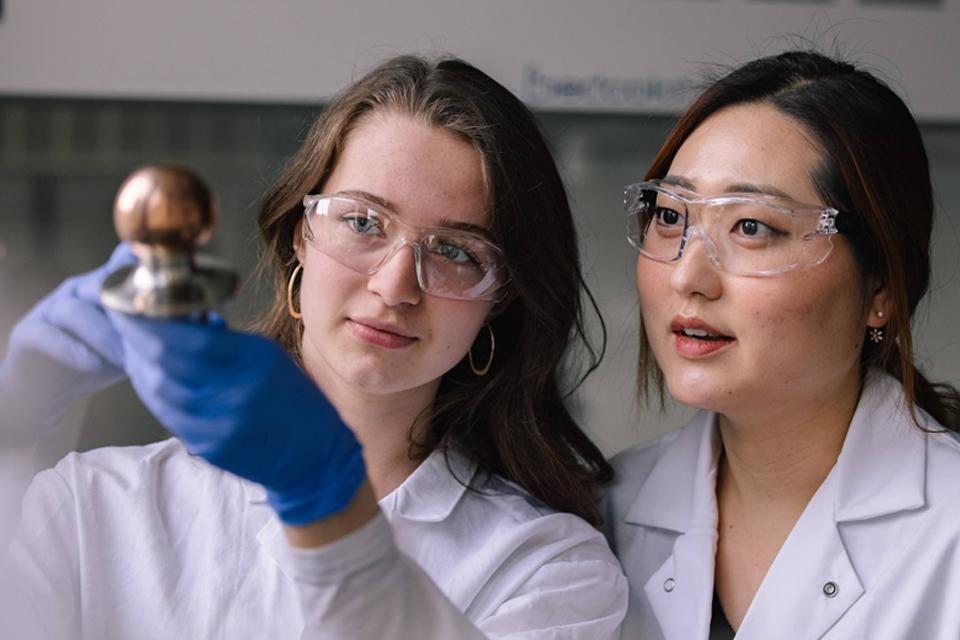
A new copper coating that kills bacteria quicker and in greater amounts than current formulations could soon be available for hospitals and other high-traffic facilities.
Although current formulations made of pure copper are antibacterial and self-sanitizing, they kill certain types of bacteria with a thicker cell wall (Gram-positive bacteria), more slowly than bacteria with a thinner cell wall (Gram-negative).
“Use of our coating could significantly reduce the incidence of contracting bacterial infections from high-touch surfaces in healthcare facilities, such as doorknobs and elevator buttons, since it kills bacteria using multiple approaches,” says Dr. Amanda Clifford, Assistant Professor in the Department of Materials Engineering. “As it contains less copper than other existing coatings or whole copper parts, it would also be cheaper to make.”
The team, led by Dr. Clifford, found that the material took just one hour to kill 99.7 per cent of Staphylococcus aureus—a Gram-positive pathogen commonly responsible for hospital-acquired infections— compared with two hours for pure copper.
Please visit the UBC Applied Sciences website to read the full story.
Through Strategy 10: Research Culture, UBC is committed to fostering a strong and diverse research culture that embraces the highest standards of integrity, collegiality and service.